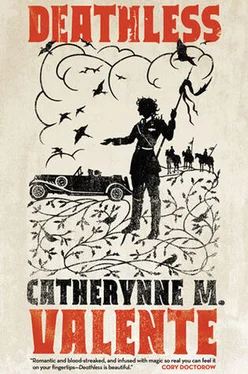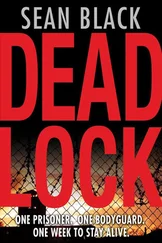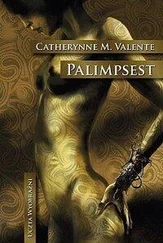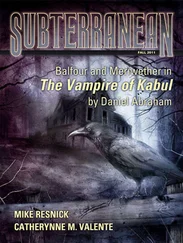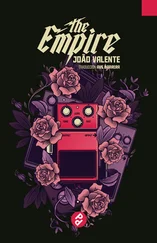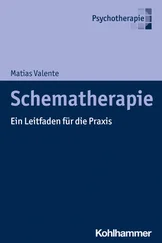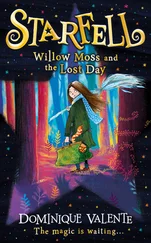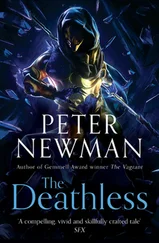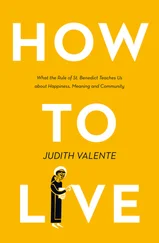I promise, wife.
* * *
The basement of the house on Dzerzhinskaya Street stank of shadow and disuse. Old jars of onions cured into mothballs grew veils of cobwebs, sharing space with a rusted typewriter, a box of nails, a dressmaker’s form, and three jugs of home-brewed beer long ago overfermented and burst, even their spilt foam calcified, crumbling. Koschei wrapped his long arms around Marya’s waist, pressing his cheek to her hair. She squeezed the black egg in her palm; he moaned into her scalp. She tucked his death into her dress, between her breasts, where it touched her heart.
“Stand against the wall, Koschei.”
Without a word he obeyed her. In the jetsam, Marya Morevna found, as if by magnetism or divining, what she wanted: a coil of moldy rope. She stood against Koschei, so much taller than she, her hips moving against him out of old memory. She lifted one of his hands, knotted the rope around it, and looped the rest through an iron ring that once held a hook for the curing of meat.
Koschei the Deathless regarded her knotwork. “That will not hold me. It is a joke. I could breathe on it and it would crumble.”
“What proof would it be if you couldn’t get out?” said Marya softly, and kissed his pale mouth in the dark, all her child’s worship of him seething feverishly back into her. I need this. I need it. You will not deny me. She lifted his other graceful hand and bound it, too, pulleying his arms up above his head.
He hung there, tears streaking down his face.
“I love you, Marya.”
She laid a finger over his lips.
“There is no need for you to speak, Kostya. There is only one question: Who is to rule? And that is never answered with words. You will not move. You will not try to loosen my knots. You will suffer for me, as I suffered for you. Then I will know that your submission to me is total, and true. That you are worthy of me.” Marya Morevna took Koschei’s face in her hands and pressed her forehead to his. “We are going to do something extraordinary together, you and I,” she whispered. “Do you remember when you said that to me, so long ago? Do you know what it is we are doing? I will tell you, so that later, you cannot say I deceived you. I am taking my will out of you, and I am taking yours with it. Out of the eye of a needle, hidden inside an egg, hidden inside a hen, hidden inside a goose, hidden inside a deer. When we are finished you will give your will to me, and I will keep it safe for you.” She smiled, her eyes serenely shut. “I learned very well how to give up my will to my lover. I was a savant, you might say. You, however, are a novice. Less than a novice. And, like a good novice, you must swallow your pride.”
Marya drew away, her eyes shining, her blood singing. Then, she turned and walked up the staircase, her red dress trailing behind her on the black steps. She shut the door behind her, and turned the key.
* * *
Thank you, Ivanushka. How good you are to me.
That is all I want in the world, to be good to you.
* * *
Marya’s eyes sparkled with sudden interest, even delight.
“Isn’t this fun?” she said, a grin starting on one side of her face and traveling the slow road to the other. It was a game, always a game. And when you were done playing, when you got bored, you just called it off, and went to hunt mushrooms by moonlight.
“Pardon me?” Comrade Ushanka recoiled.
“I do like games. You play so well! Almost like it’s all real.” Like the acronyms and colors and committees were real, which is to say not at all. All toys; all amusing; all tiresome, eventually.
Ushanka spluttered, clutching her notepad. “I assure you, Comrade—”
“Come play again tomorrow, will you? It’s been so dull ! I feel as though we are friends already! How wonderful, to have friends again.” Get out, get out, get out, Marya’s body hissed, but she kept up her smile.
“I am not finished, Comrade Morevna!”
“Now, now, Ushanochka, it’s almost lunch, and nothing is so important it can interfere with lunch!”
Ushanka stopped spluttering. She put down her pen and pad. She folded her hands over them and grinned down wolfishly.
“Yes, Comrade Morevna,” she whispered. “It is fun.” And she walked calmly to the door, her hand steady and sure on the knob.
* * *
When the woman had gone, Marya put her hand to her throat, her heart hammering horribly, sweat prickling in the fine hair of her temples. She watched Ushanka go, down the long, thin street. A loose thread dangled from the hem of her skirt, catching the sunlight.
22
Each of Them Uncatchable
Marya Morevna carried her secret like a child. Her heart grew fat with it, for secrets are the favorite food of the heart. Her life bent in half, and the seam of her life was the floor of the house on Dzerzhinskaya Street, separating her world into upstairs and downstairs, into day and night, into Ivan and Koschei, into gold and bone.
“I swear March has come three times already this year, Kseniya Yefremovna,” she said in the morning, putting on her kettle, watching her tea disperse in the water like paint, hushing Sofiya, slicing sausage into a pan. Marya put her hand over her heart, to keep the secret in. Kseniya laughed and said the snow loved Leningrad too well to ever let it go before June. They talked like two young women with young women’s cares, and little Sofiya banged a wooden spoon on the table, hollering mamochka, mamochka like a whip-poor-will’s song.
When Kseniya went to classes, Marya Morevna would take up her iron keys and open the door to the basement. Her secret would swirl up toward her out of the dark, and her heart would lead her down.
* * *
“You look older today,” she whispered, and pressed her whole body to that of Koschei the Deathless, bound to the wall.
“I have always been old. It is only that you want to see my oldness now.”
“If I kissed you, would you become young again?”
“I will always be old.”
And the kisses she had of Koschei in the dank, moldering cellar were the sweetest kisses of her life, so sweet her teeth hurt. She lay against him, or struck him with her fists and accused him of taking her girlhood, or took his body as she pleased. Sometimes, when she lifted her hands against him, he smiled so beatifically she thought he had died. But his excitement promised that he had not, and where his seed spilled on the cellar floor, strange blue plants grew. When they opened into flowers, dust trickled out, and the flowers died again. When she questioned this, and why sometimes he had wrinkles now, and sharp teeth, and long, protruding bones, Koschei the Deathless answered, “When do you feel most alive, Marya, but when you are closest to death? That is where I live. That is what my body is made of.”
And she rested her head on his chest, so that her long black hair covered his nakedness like a cassock. She whispered, “I think we’re finally married, you and I.”
When Ivan returned from his work, he, too, often looked older. He ate his cutlets and bread silently, with a sullen kind of savagery, and with a sullen kind of savagery he wrapped Marya up in his body, and kissed all of the skin she had, and cursed her for not having more. These kisses, too, were sweet, so sweet her head spun, and she hurtled between them like a trolley car, up and down, up and down. Marya Morevna carried her smile in her pocket, close to her skin, so no one could steal it. In her mind she pored over her secret, her hoard, as though it were gold. If she went to the market, she sped home to unbutton her winter coat and her blouse and press her breasts to Koschei’s lips in the cellar. If Ivan was delayed, she paced and stomped, so that he would hear her pacing and run home to her—but also so Koschei below would know whom she waited for. In those days, of every meat she ate only the tenderest parts.
Читать дальше
